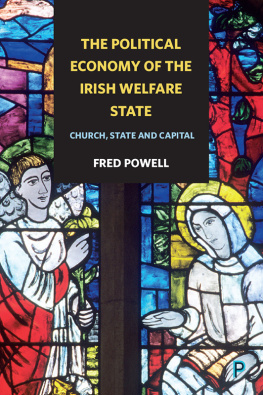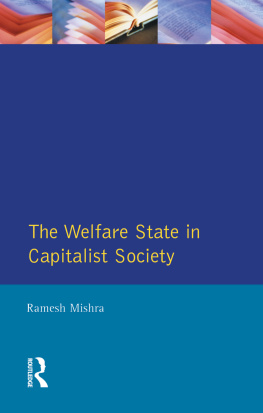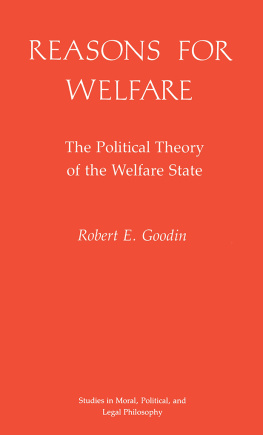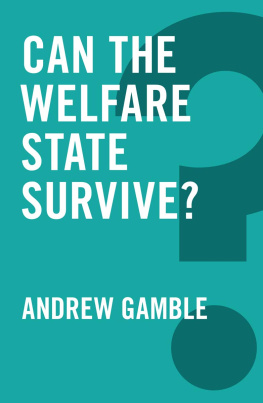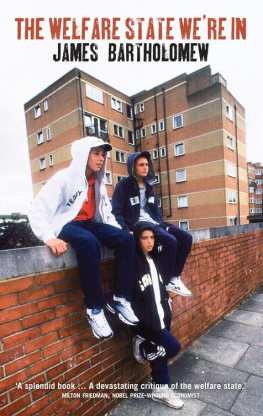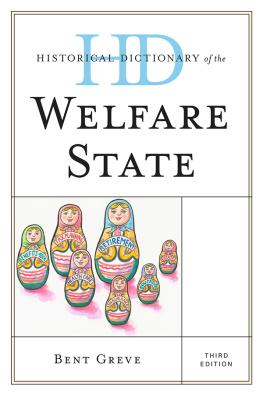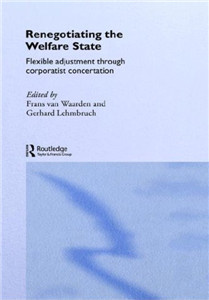First published in 1976 by George Allen & Unwin Ltd
This edition first published in 2019
by Routledge
2 Park Square, Milton Park, Abingdon, Oxon OX14 4RN
and by Routledge
711 Third Avenue, New York, NY 10017
Routledge is an imprint of the Taylor & Francis Group, an informa business
1976 George Allen & Unwin Ltd
All rights reserved. No part of this book may be reprinted or reproduced or utilised in any form or by any electronic, mechanical, or other means, now known or hereafter invented, including photocopying and recording, or in any information storage or retrieval system, without permission in writing from the publishers.
Trademark notice: Product or corporate names may be trademarks or registered trademarks, and are used only for identification and explanation without intent to infringe.
British Library Cataloguing in Publication Data
A catalogue record for this book is available from the British Library
ISBN: 978-1-138-61373-7 (Set)
ISBN: 978-0-429-45813-2 (Set) (ebk)
ISBN: 978-1-138-62485-6 (Volume 17) (hbk)
ISBN: 978-0-429-45868-2 (Volume 17) (ebk)
Publishers Note
The publisher has gone to great lengths to ensure the quality of this reprint but points out that some imperfections in the original copies may be apparent.
Disclaimer
The publisher has made every effort to trace copyright holders and would welcome correspondence from those they have been unable to trace.
Welfare State and Welfare Society
Illusion and Reality
by
WILLIAM A. ROBSON
Professor Emeritus of Public Administration in the University of London Honorary Fellow and Lecturer at the London School of Economics
London
George Allen & Unwin Ltd
Ruskin House Museum Street
First published in 1976
This book is copyright under the Berne Convention. All rights are reserved. Apart from any fair dealing for the purpose of private study, research, criticism or review, as permitted under the Copyright Act, 1956, no part of this publication may be reproduced, stored in a retrieval system, or transmitted, in any form or by any means, electronic, electrical, chemical, mechanical, optical, photocopying, recording or otherwise, without the prior permission of the copyright owner. Enquiries should be addressed to the publishers.
George Allen & Unwin Ltd. 1976
ISBN 0 04 360040 9 hardback
0 04 360041 7 paperback
I had three main aims in writing this book. First, to describe the sources and origins of the welfare state and to explain its nature. In doing so I have gathered together many different aspects of social life which have not hitherto been recognised as elements of the welfare state, but which I regard as forming an essential part of it. At the same time, I have shown how unsatisfactory is the view that the welfare state is mainly or exclusively concerned with providing social services of various kinds to the needy and underprivileged members of the community. It is my firm conviction that a welfare state worthy of the name must be concerned with the well-being of the entire nation.
A second aim has been to distinguish the welfare state from the welfare society. The welfare state is what Parliament has decreed and the Government does. The welfare society is what people do, feel and think about matters which bear on the general welfare. Failure to understand the difference is the cause of much conflict, friction and frustration, for there is often a yawning gulf between public policy and social attitudes. Unless people generally reflect the policies and assumptions of the welfare state in their attitudes and actions, it is impossible to fulfil the objectives of the welfare state.
The third aim is to inquire how far the hopes and expectations which were centred in the welfare state during the post-war years have been realised. To deal with this question in detail would require a work of much greater magnitude; but I have attempted to give a brief appraisal of some major features.
In the course of discussion I have indicated the economic, social and political policies which are likely to promote the purposes of a welfare state and also, per contra, the policies or doctrines which do not appear to be appropriate though they are often advocated in the name of the welfare state.
There is at present no philosophy of the welfare state and there is an urgent and deep need for such a theory. I cannot claim to have formulated a welfare state philosophy, but I have presented a number of propositions on which such a philosophy could be based. I find it strange that political philosophers should spend their time endlessly working over the texts of Hobbes, Locke, Rousseau, Mill and the other great men of the past, without attempting to bring the world of thought into relation with the contemporary world of action.
The short length of this book made it necessary to touch briefly on many matters which could and should be explored at much greater length. Many detailed studies of particular aspects are needed, and some have already been published. But the book I wanted to write was one which took a broad look over a wide horizon, and this inevitably involves the acceptance of certain limitations. The first book I wrote was a long-forgotten study entitled The Relation of Wealth to Welfare published in 1925. During the ensuing half-century I have been more or less continually concerned with problems of human welfare.
My references to Japan in are based on three visits to that country in recent years. During two of these visits I was asked to advise the Governor of Tokyo Metropolitan Government about problems concerning the administration, organisation and planning of the capital city. I have also visited the other great cities of Japan, and, in addition, have had exceptional opportunities for becoming acquainted at first hand with the problems of New York City.
My thanks are due to the Rockefeller Foundation for a grant which enabled me to appoint Mr W. H. Hampton as Research Assistant some time ago. I am grateful to Professor David Donnison for reading the manuscript and giving me the benefit of his comments. I am also greatly indebted to Mrs Shirley Grinter and Mrs Barbara Sloane for their valuable help in typing the manuscript.
WILLIAM A. ROBSON
London School of Economics and Political Science



